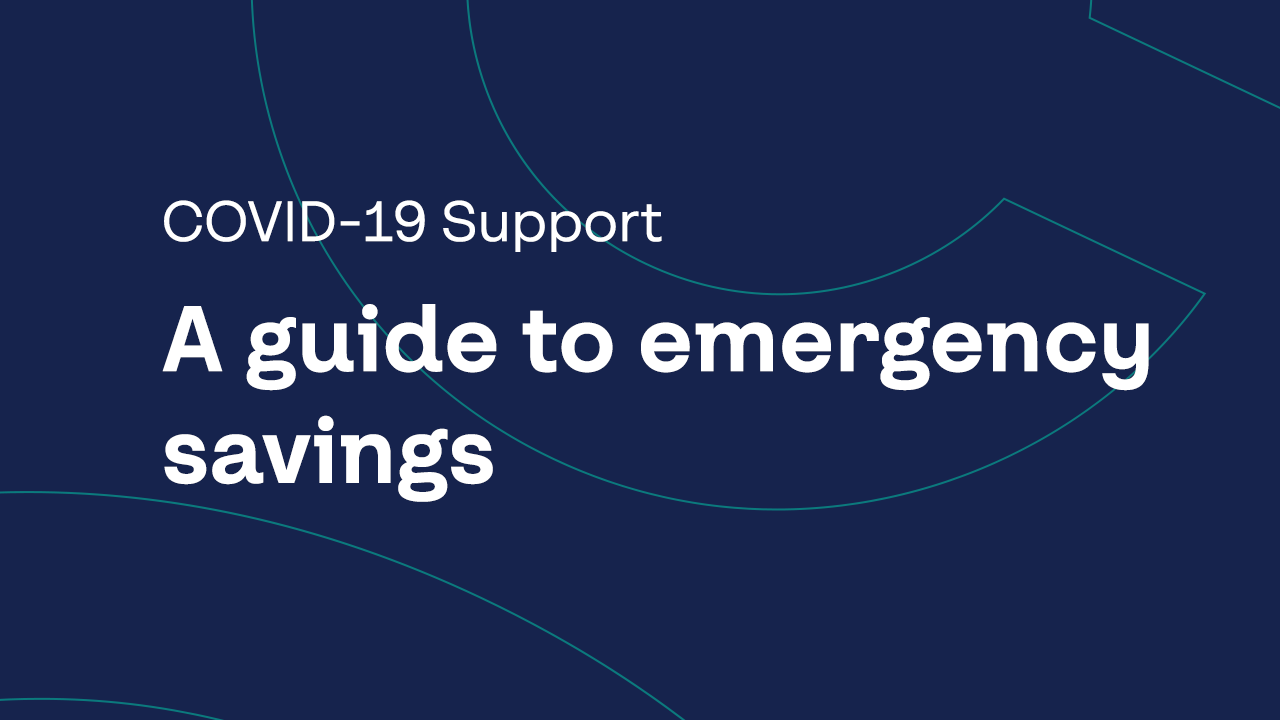We all know there are things we excel at and other things we…don’t excel at. A large part of succeeding at things we’re not well versed in is knowing how and when to find the right experts.
Managing budgets, saving, investing, creating long and short-term financial strategies is not everyone’s strength and that’s why a lot of times it’s best to work with a professional advisor to put together a solid plan. The key piece here is finding the right professional. You’ll need someone who understands your circumstances and unique goals because poor advice can devastate your finances just as easily as good planning can improve them. So, how can you find the right person to work with?
Word of mouth
Start by asking friends, family, and professional contacts if they’re already working with an advisor and if they’re happy with the service they’re getting. Use these recommendations as a baseline, along with any potential advisors you find through your research.
Interview the prospects
Once you’ve put together a shortlist of candidates, it’s time to start interviewing them to assess their suitability. Right from the start of each interview, make sure you feel happy with the advisor at a one-to-one level.
As part of the planning process, you’ll be sharing a lot of private information with that person, and it’s essential that you feel comfortable about this. For an investment plan to work, it needs to be drawn up from a position of trust.
However, beyond a good working relationship, the candidate’s professional qualities are vital. Here’s what to ask about to establish their expertise and value:
1. Credentials and qualifications
Which recognized credentials do they hold? The financial planning industry is federally regulated in most parts of Canada, and there are specific qualifications that an advisor needs to acquire if they are a Certified Financial Planner (CFP). There’s even a database online to help your find one in your area or check the credentials of your current planner.
If the advisor has no recognized credentials, it’s likely – but not certain – that they’re closer to being a salesperson for financial products than a truly independent advisor.
2. Regulating Organizations
Which regulating organizations does the advisor belong to? If you’re taking the advice from your friend who trades individual stocks online or is a self-proclaimed financial planner who doesn’t work for a financial institution, you may have little comeback in the case of poor advice. When looking for a new investment professional, stick to regulated financial institutions who you can hold accountable.
3. Product Range and Compensation
Which products can the advisor offer, and from which companies? How are they compensated for their sales? If the advisor only offers a restricted range and is paid by commission, can you rely on their advice to be truly impartial?
A good advisor should have access to investment products across the market and should be completely transparent about how they’re compensated.
4. Experience and References
How long has the advisor been working in the investment area? How many clients do they have, and can you mind that a huge client list isn’t necessarily a plus factor, as you may find you’re a low priority if see any references? Bear in the advisor has overstretched.
5. Communication and Contract
How often will the advisor communicate with you, and by what methods? How easily can you get in touch when you need to? How long will your relationship last, and how will it be renewed or updated?
A good investment professional can make a huge difference in your financial future. Follow these tips and you’ll have the best chance of finding an advisor with whom you can build a long and successful partnership.



